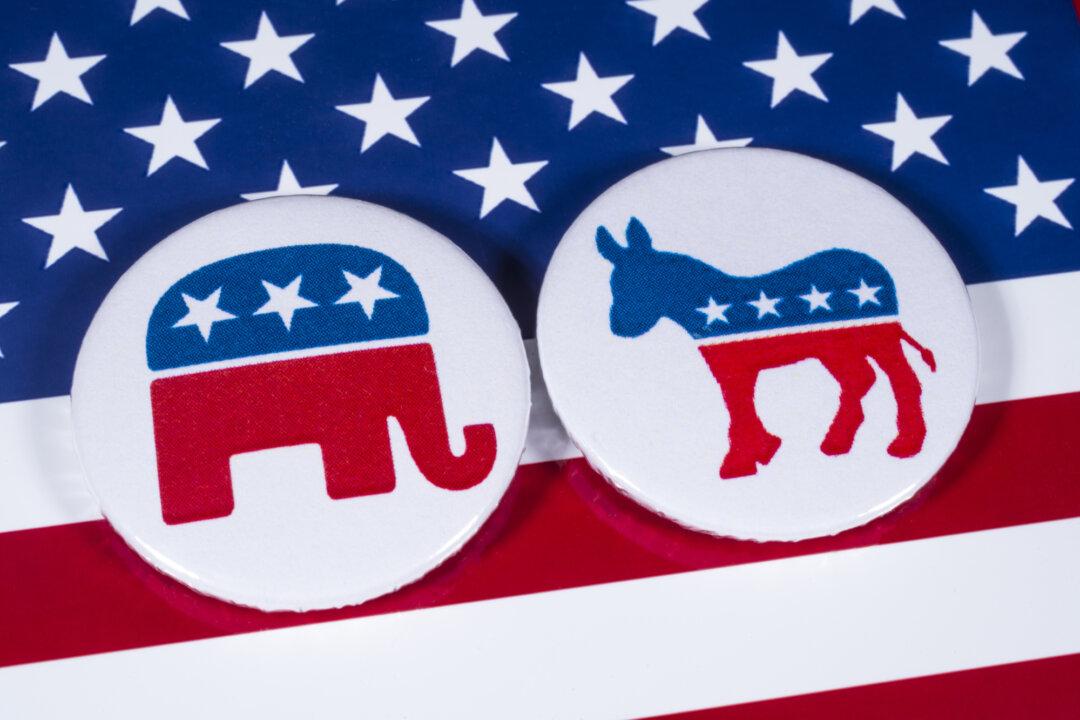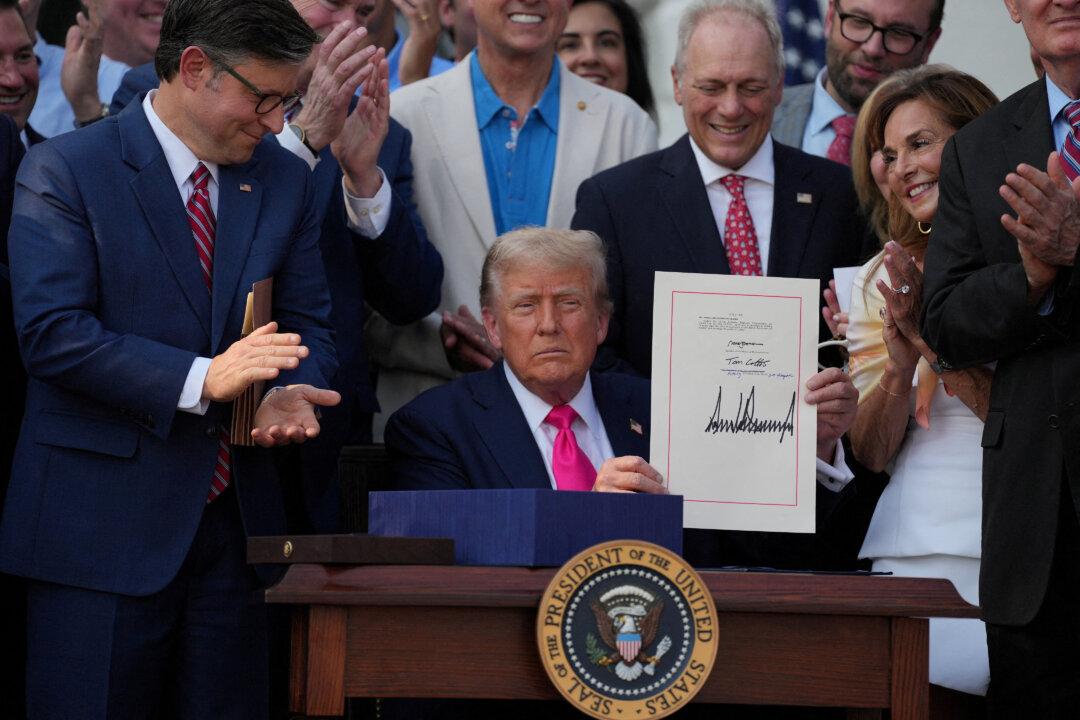Commentary
Since 1990, Gallup has been asking respondents a straightforward question: “In politics, as of today, do you consider yourself a Republican, a Democrat, or an independent?” Gallup asks the question several times each year, and at the end of the year averages their findings for that year. Gallup’s most recent summary found that 43 percent of respondents identified as independents and 27 percent with each of our two major parties. That ties the previous high annual average in 2014.





